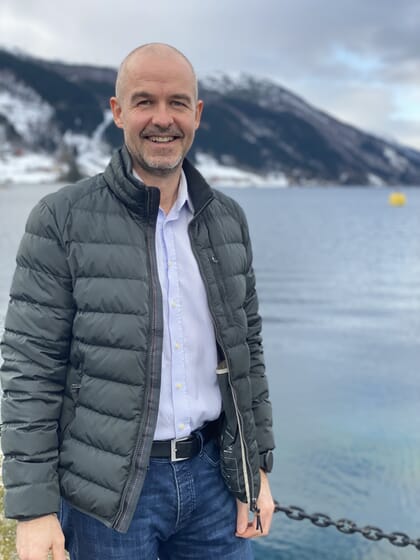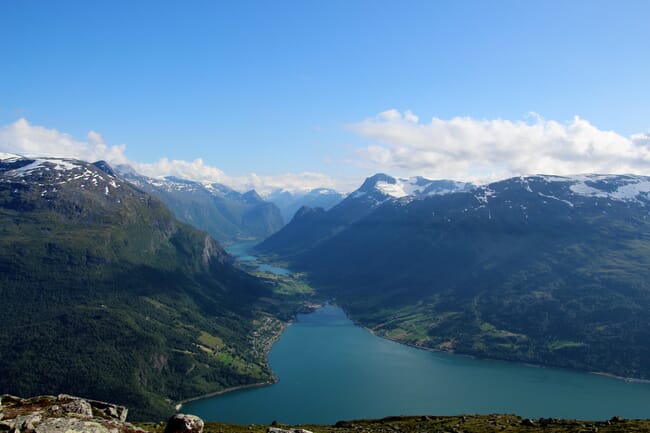
Smart Salmon aims to produce a mixture of up to 7,500 tonnes of post-smolts and market sized salmon at its Norwegian facility and 8,000 tonnes of market sized salmon at a second farm, in Brittany. The company plans a three-phase development:
- The first stage, which is scheduled to start later this year, involves the production of post-smolts for ongrowing by traditional salmon producers, with a capacity of 2,500 tonnes.
- In the second stage the Norwegian RAS will be expanded to produce both large smolt and grow out. By the end of 2024 it is due to have a 7,500-tonne capacity.
- The third stage is the construction - due for the spring of 2024 - of a grow-out facility four hours from Paris, one of the largest salmon markets in the world.
The company is an early adopter of ESG reporting in the land-based salmon sector and its newly-released ESG report also details a formal and measurable structure to deliver its commitment to create a positive environmental impact.
Commenting on the report, Smart Salmon chief executive, Petter Bakke said in a press release: “Our ESG document provides a clear roadmap of how we can minimise our impact on the environment, deliver social value and support society. It is a key strategic goal to ensure that our actions fulfill our social purpose and our vision: contributing to the global supply of healthy and climate smart food.
“The Smart Salmon team has a strong history of salmon farming in Norway. We have been early adopters of new technologies and my brothers were among the first pioneers in the Norwegian salmon farming industry. We have created this document to highlight our projected sustainability levels and to pinpoint areas where we will still have to improve. The document further details our ultimate ambitions of being transparent to our stakeholders and the public. We are proud to be farmers and excited about the future of aquaculture.”

Hatch Blue, a company active in venture capital and innovation consulting in the aquaculture sector, helped to compile the document.
Tanja Hoel, director of Hatch Innovation Services, said: “We see the tide turning for controlled environment aquaculture using recirculating aquaculture systems (RAS), as they can produce food while using scarce natural resources in more efficient ways. While the global demand for salmon continues to increase, despite high salmon prices, the growth potential of conventional salmon farming in the sea is seen as limited, mainly due to licensing constraints and biological challenges. Consequently, limited supply growth is the main driver of RAS projects globally.
“We see an increasing interest from investors in supporting the sustainable development of the global aquaculture industry. ESG is high on the agenda, accelerated by the UN's Sustainability Goals. It has been great to work with the Smart Salmon team and see their dedication to setting a new standard of sustainable practices with land-based farming.”
Click here to download a copy of the report.



